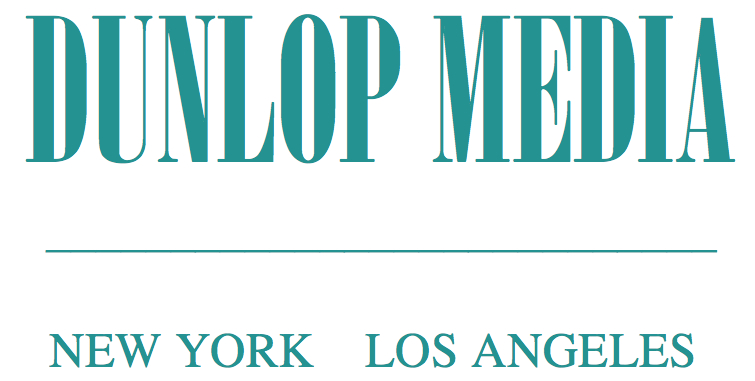There’s a clear, palpable difference between someone delivering messages and someone telling a story. Photo by Hermes Rivera on Unsplash
Whether your objective is to persuade, explain, defend, or educate, stories are far and away the most effective tool in the human arsenal.
The corporate and non-profit worlds are finally waking up to a fundamental truth about communicating: stories work where mere “messaging” doesn’t. Organizations everywhere now recognize the importance of narrative, and that’s terrific.
The problem is, no one really shows you an all-purpose strategy for building and using one. That’s where Dunlop Media training workshops are different.
They focus on teaching a systematic, businesslike methodology that shows you how to turn your messages into a story - then practicing the delivery of that story under pressure from challenging questioners.
Narrative or message development workshops can be stand-alone, or can be coupled with print media training, video media training, internal or external business presentation training, crisis training, or high-level objection handling.
So why narrative? And why now?
Given how long storytelling has been in our collective DNA, it is remarkable how tepidly the corporate and non-profit worlds embraced it for many years. Instead, organizations were in the thrall of “messaging,” which actually emerged from the world of advertising.
The explosion of story-based content in the digital age, however, has reminded us that information of all kinds is inherently narrative. Messages, by their nature, reside within stories. A growing body of evidence demonstrates that when messages are removed from stories and are forced to stand on their own, they lose resonance with the audience.
“Those in leadership positions who fail to grasp or use the power of stories,” writes a Harvard Business School professor, “risk failure for their companies and for themselves.”
Stories need not be long - quite the contrary. The essence of any well-built narrative can be conveyed in less than a minute.
And speaking out doesn’t even need to be the primary objective. Our workshops can also help team leaders with divergent, competing or conflicting points of view confront holes in their thinking - so that they emerge with one voice on a critical issue.

